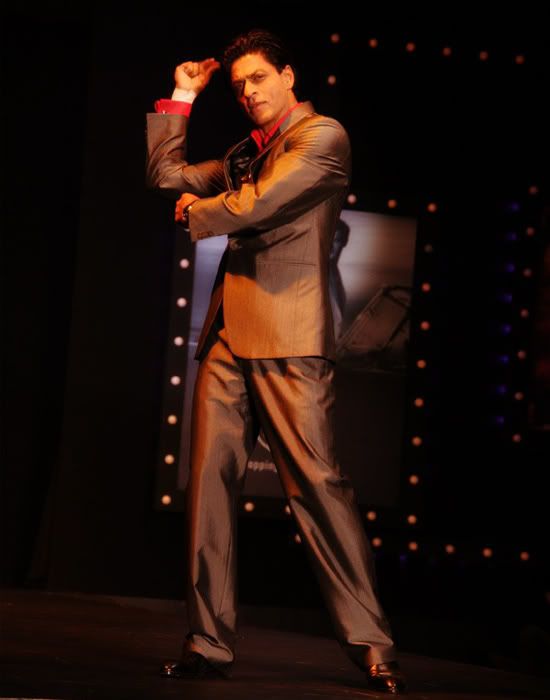Court case against Shah Rukh & Juhi dismissed
Share This Post
Rajasthan High Court has dismissed the case filed against actors Shah Rukh Khan and Juhi Chawla in subordinate court at Kota. The High Court held Shah Rukh Khan not guilty for uttering the dialogue against advocates in the film Ram Jaane. Justice R.S. Chowhan, admitting the petition filed by Shah Rukh Khan, cancelled the order of the subordinate court at Kota.
Shah Rukh, in his petition, had challenged the order of the court at Kota, in which the subordinate court had taken cognizance against him in respect of dialogues spoken by him in the film Ram Jaane.The Kota court had taken cognizance in the same case against Juhi Chawla and producer-director of the film, too.
Advocate Manish Sharma, on behalf of Shah Rukh, pleaded to the High Court: “The petitioner is only an actor, who speaks the dialogues as directed by the film’s director. If the Censor Board issues a valid certificate to a film under clause 5(a) and 5(b) of the Cinematography Act, 1952, no criminal case can be filed against the film’s artistes. The Supreme Court too has passed such orders.”
Source: ScreenIndia

 Khan talks about his first-ever experience on the ramp for OSO.
Khan talks about his first-ever experience on the ramp for OSO.
 Farah Khan confesses that the concept of her second film as a director – the Shah Rukh Khan-Deepika Padukone-starrer "Om Shanti Om" was generated from her show "Bombay Dreams".
Farah Khan confesses that the concept of her second film as a director – the Shah Rukh Khan-Deepika Padukone-starrer "Om Shanti Om" was generated from her show "Bombay Dreams".






















